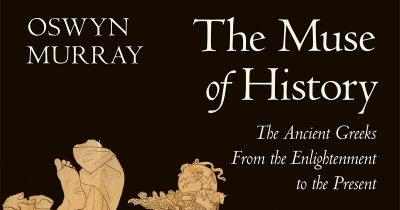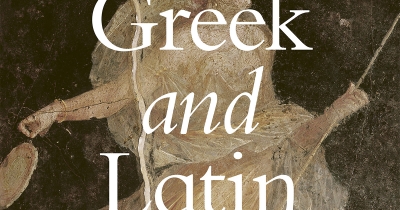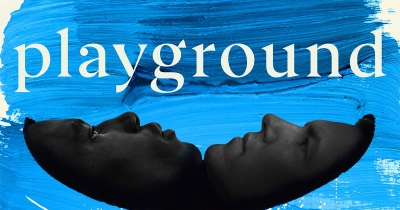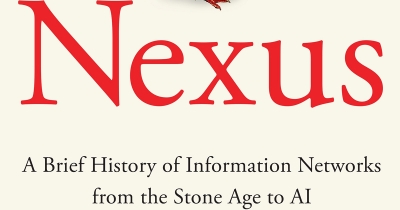In Richard Powers’ fifth novel, Galatea 2.2 (1995), a fictionalised version of the author ‘educates’ a computer program, named Helen, by reading it canonical literary texts – which it learns to analyse – and by telling it the story of his own life. In the celebrated The Overstory (2018), Powers explores the surprisingly broad and interconnected lives of trees and forests, and their varied significance to a cast of characters who are wedded to tree-life for reasons both personal and universal. The Overstory features a woman scientist who writes a book that inspires small and large forms of environmental activism, alongside a physically ailing and solitary tech genius who is responsible for the most popular computer game in the world. Throughout, Powers suggests that the ability to tell a ‘good story’ is essential to individual and social transformation. His more recent novel, Bewilderment (2021), focuses on a form of behavioural therapy that resembles a computer game, where participants perform cognitive tasks that can drastically modify their personalities.
...
(read more)









